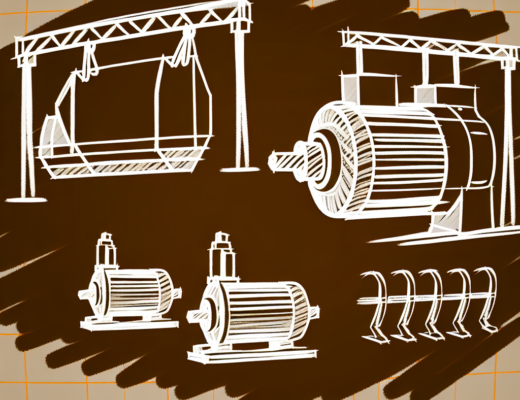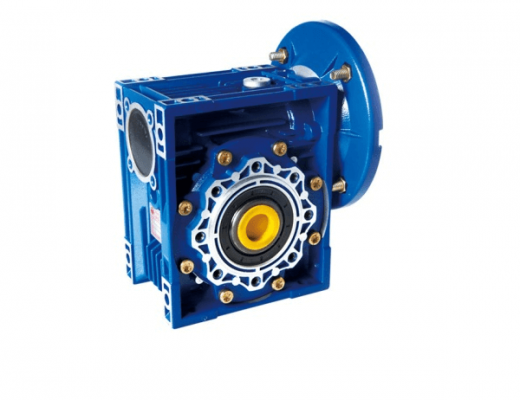The integration of advanced electric motors into various sectors marks a significant step forward in industrial and technological advancements. These motors are pivotal in driving efficiency and sustainability, serving as essential components in everything from household appliances to large-scale manufacturing machinery. The development of these units has been influenced by the increasing need for energy conservation and reduced environmental impact, driving innovations that cater to a diverse array of applications.
Technological Enhancements in Electric Motors
Recent innovations in electric motor technology focus on improving performance while reducing energy consumption and operational costs. Modern electric motors are designed with advanced magnetic materials and have precise control systems, allowing for improved efficiency and minimal energy wastage. These advancements not only contribute to greener operations by curtailing CO2 emissions but also enhance the overall economic viability by lowering energy expenses for businesses.
Furthermore, the adaptability of electric motors in incorporating with smart technologies signifies a leap towards intelligent industrial solutions. Motors equipped with sensors and connected technology can predict maintenance needs and operational hitches, thus ensuring continuous performance and minimizing downtime. Companies like VYBO Electric are leading the charge in embedding these advanced technologies into their motors, thereby setting new standards in what businesses can expect from mechanical components.
As industries continue to evolve, the role of electric motors becomes increasingly crucial in the pursuit of innovation and sustainability. From powering electric vehicles to transforming industrial machinery, these motors are at the forefront of the energy efficiency movement. The ongoing advancements and integration of smart functionalities underscore the transformative impact of electric motors on global energy use patterns and industrial productivity.



